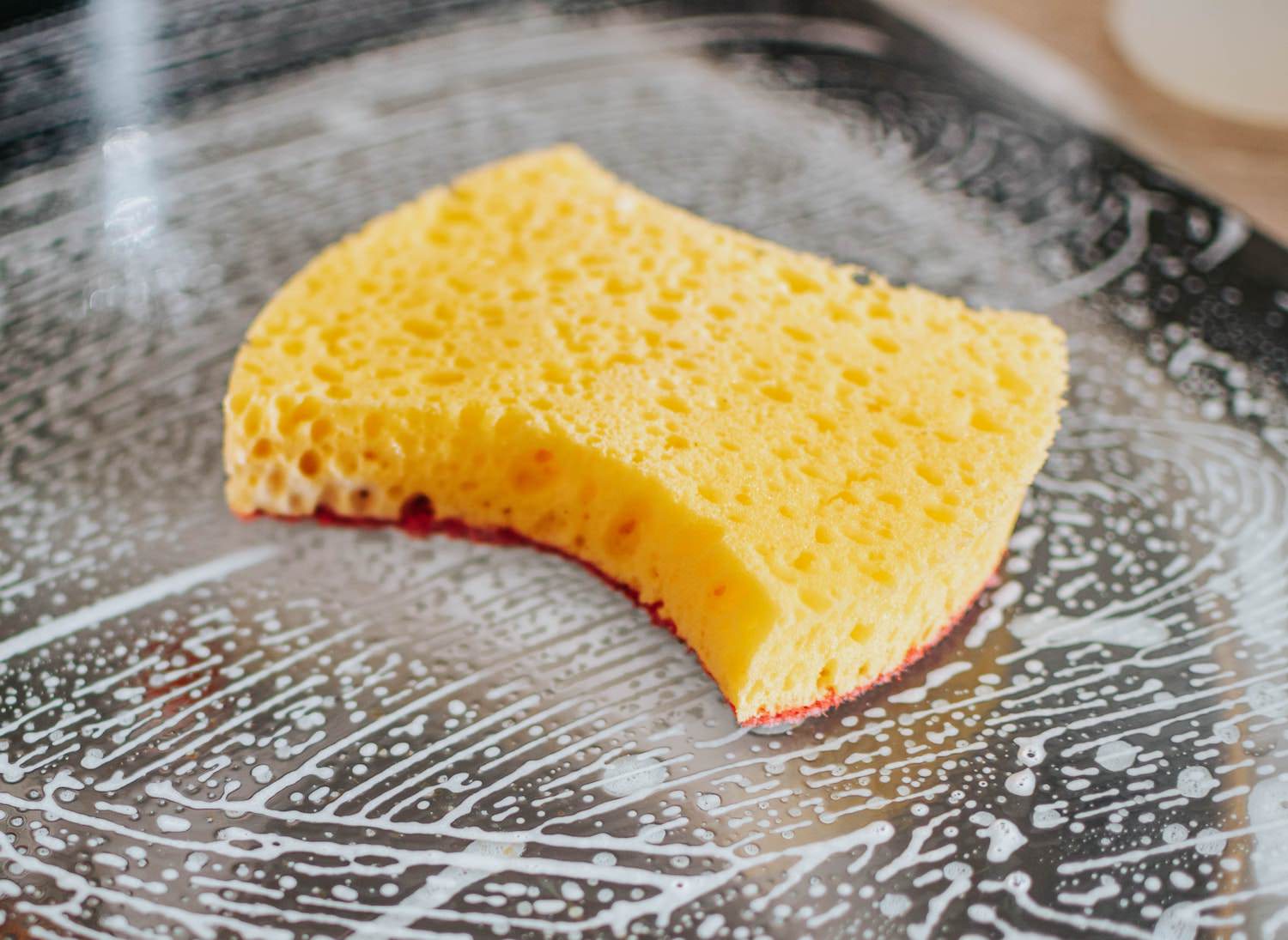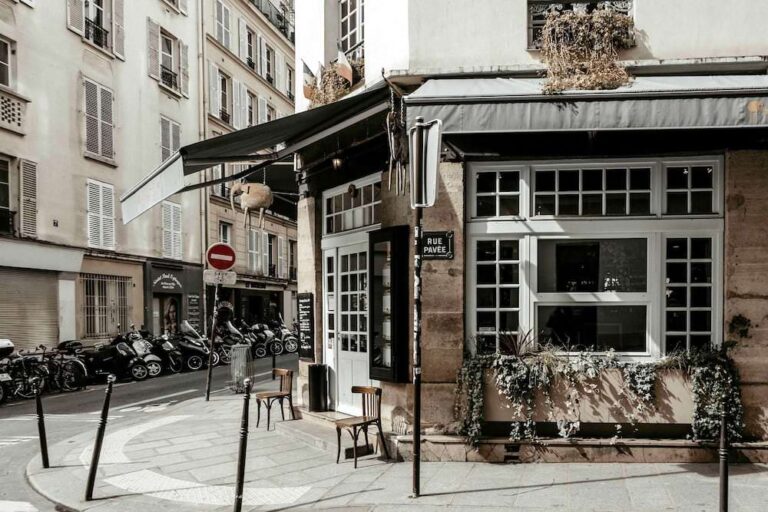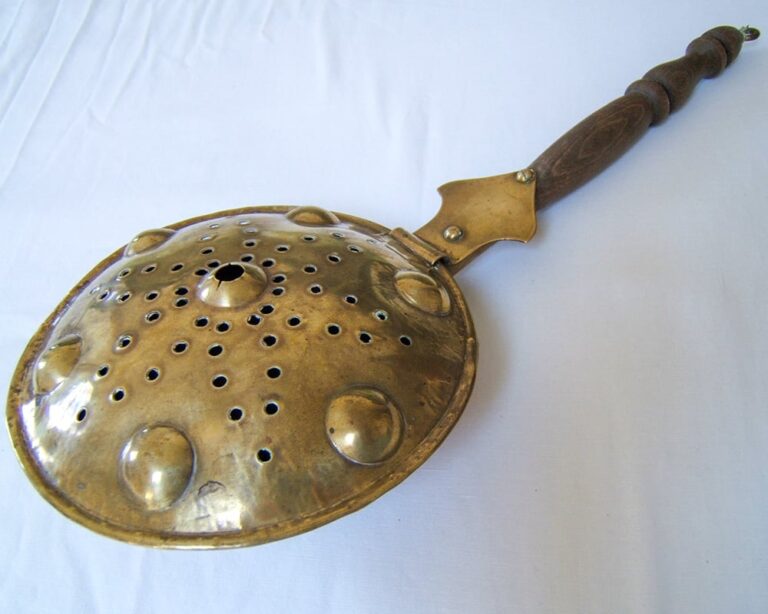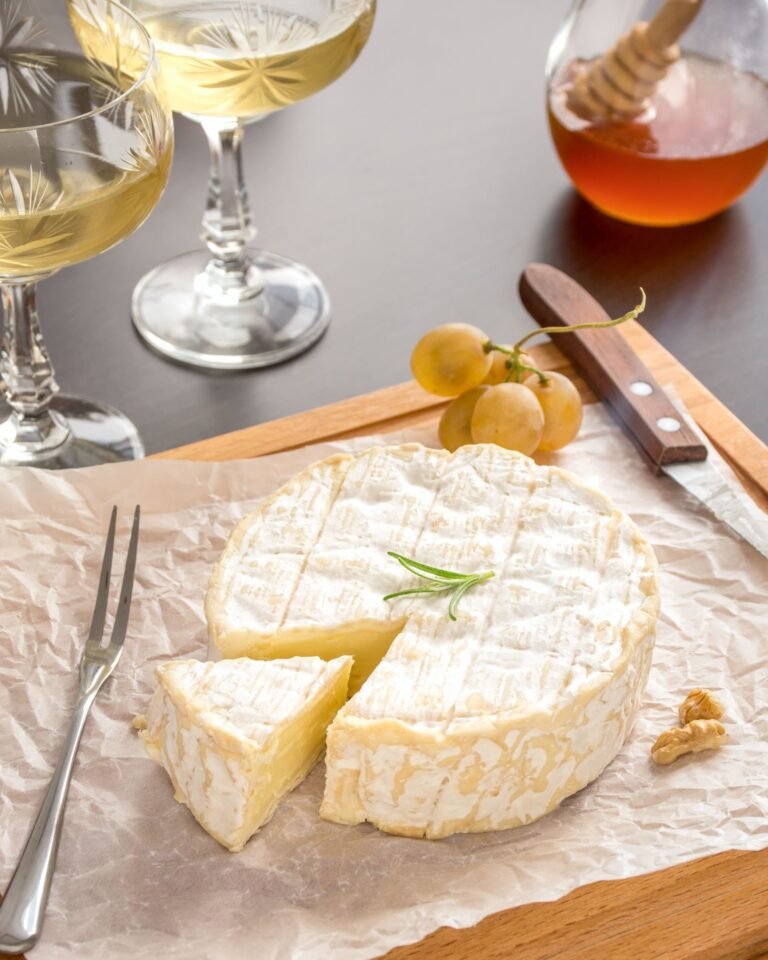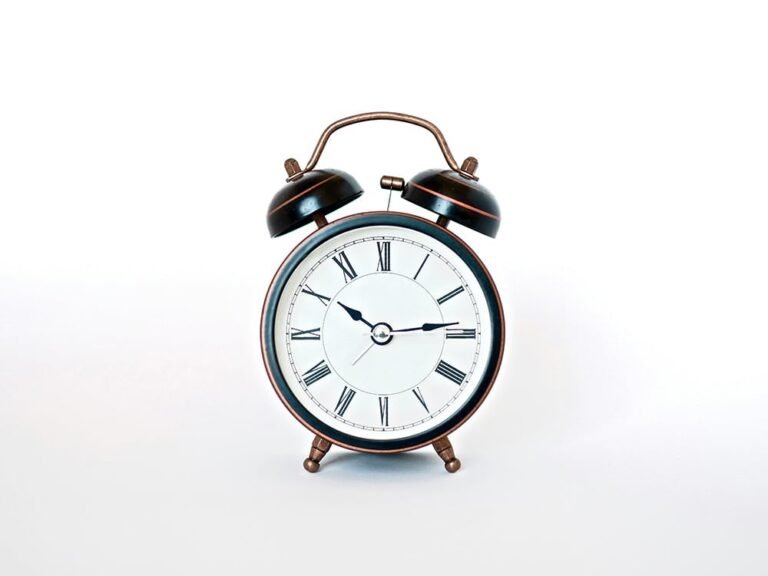passer l’éponge
Passer l’éponge means literally to pass the sponge, but in slightly better English it would be to wipe the sponge. The English saying it most closely resembles would be “to wipe the slate clean.” It means to restart from zero, to forgive, or to forget disagreeable acts. The expression dates back to the start of the 17th century and originally existed in the form “porter l’éponge” which meant to carry the sponge.
